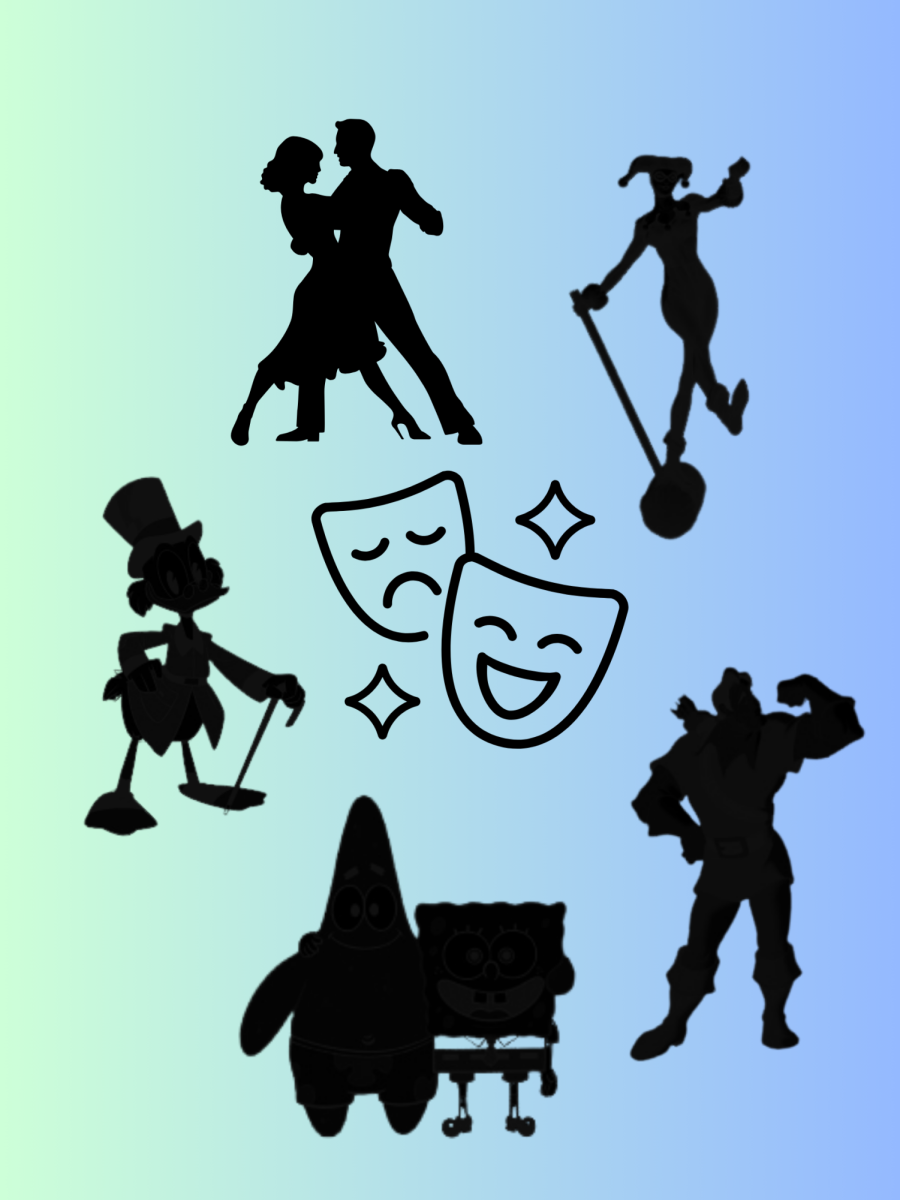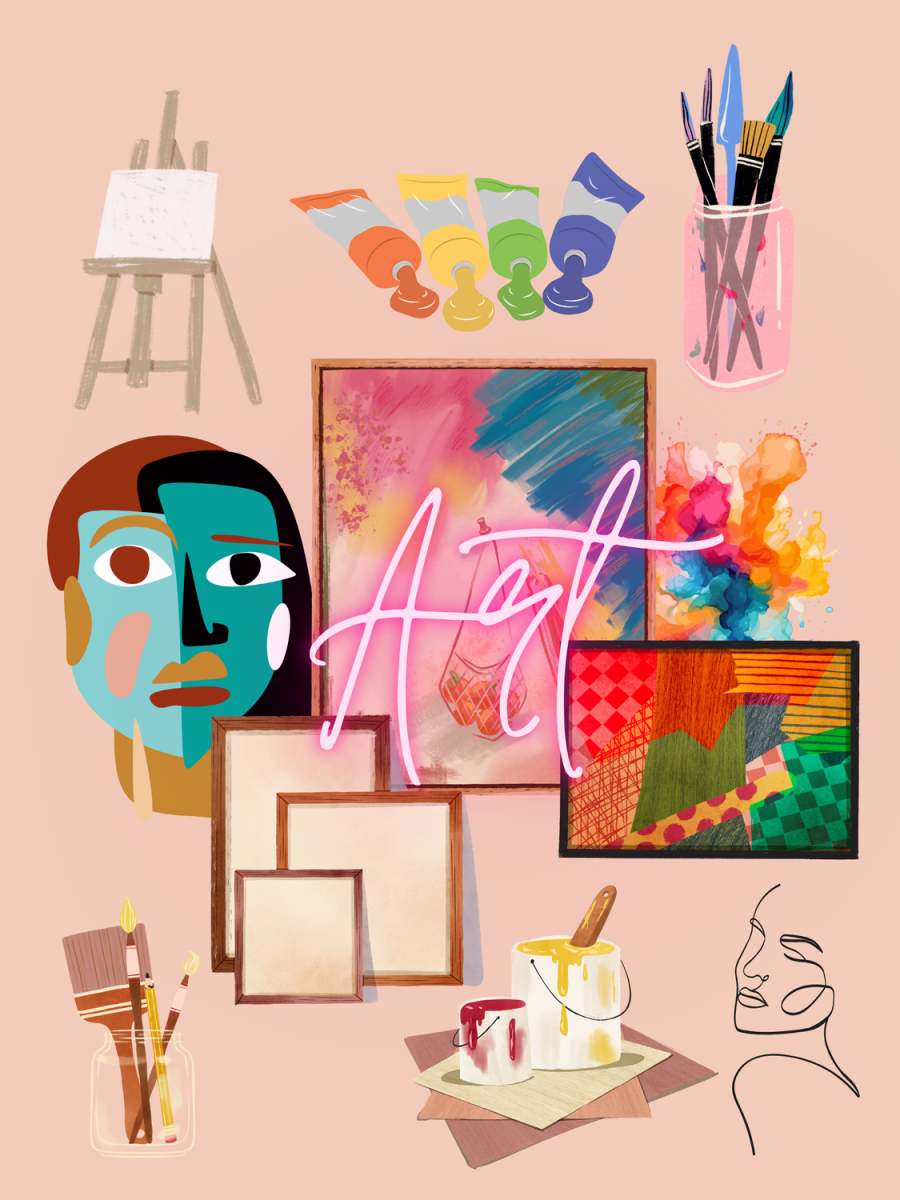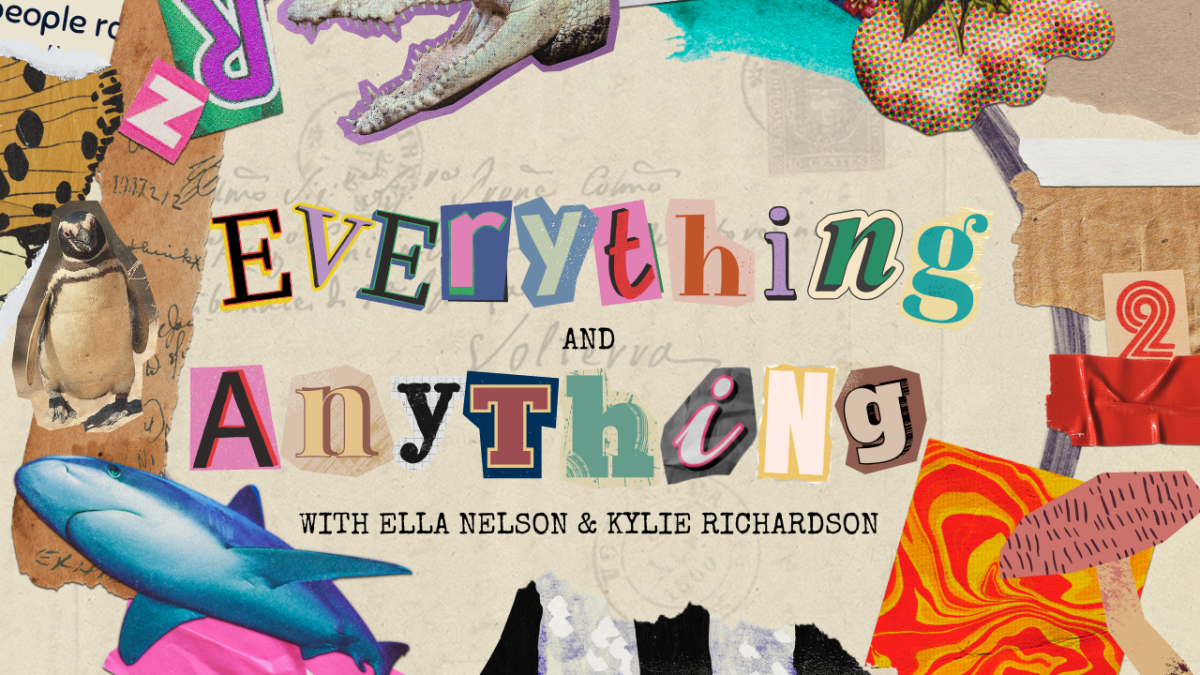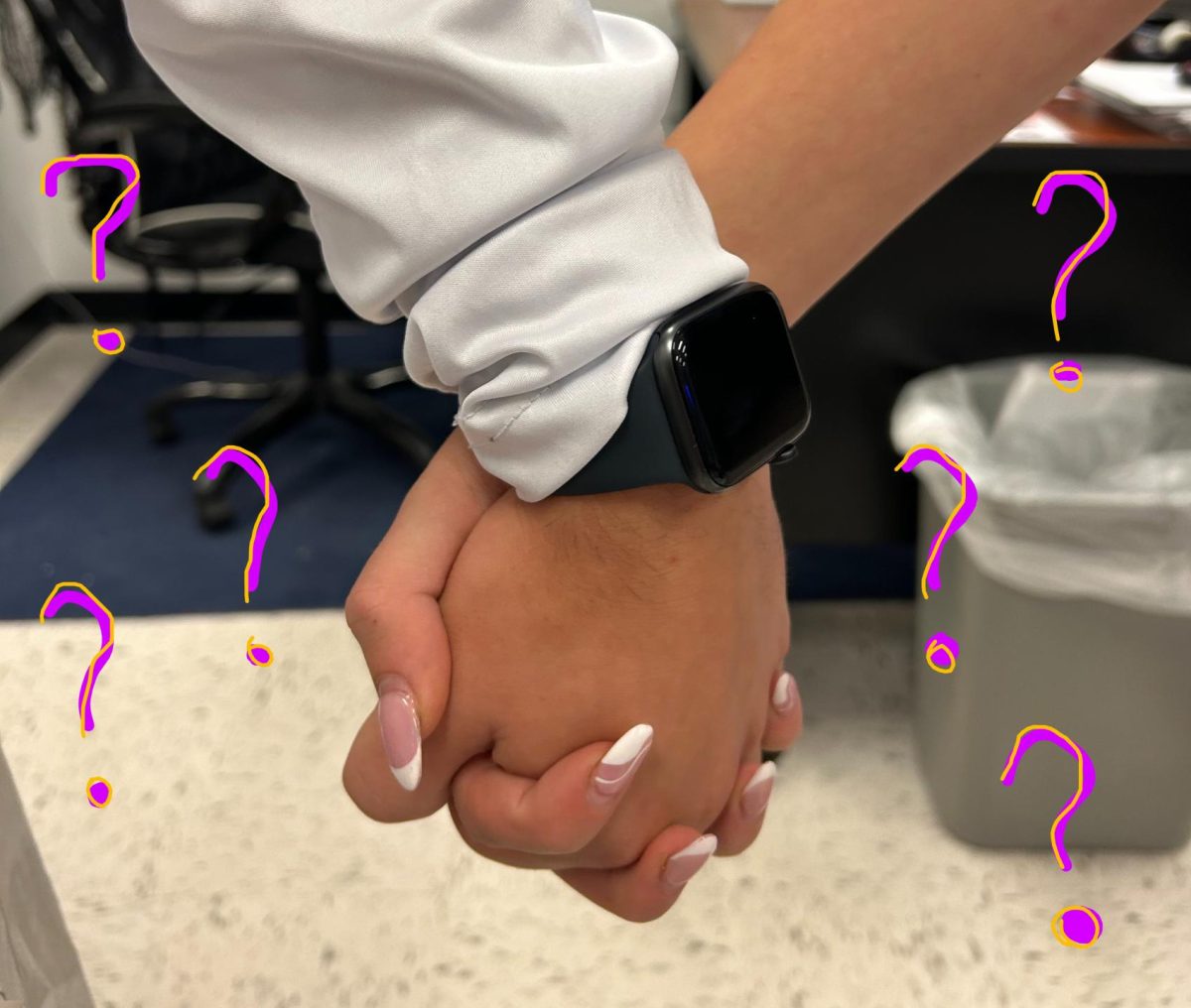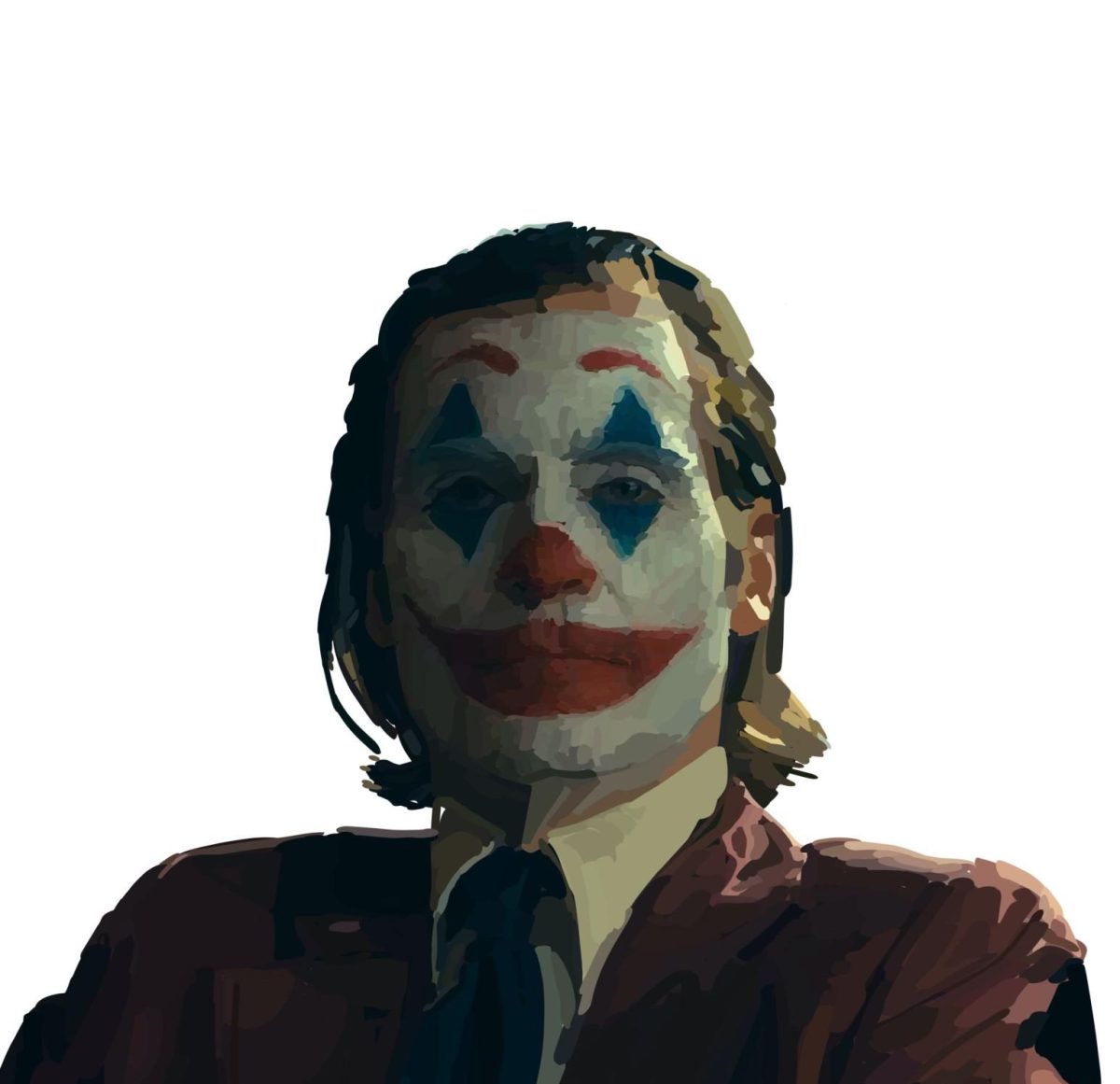The Commedia Dell’Arte (Come-ee-dee-ah dell art-ah) is an early form of Italian theater starting in the 16th century. It’s known for greatly exaggerated movements and characters, having first been performed on the street where the actors had to leap and shout to attract attention, as well as being mostly improvised. Commedia Dell’Arte is silly and fun and quite often without depth- the message is clear and straightforward, no odd metaphors or hidden symbolism. While western theater has made the shift from physical action to psychological thinking, the influence of this older art remains, in easily understandable character tropes.
The English translation of Arlecchino (Are-luh-keen-oh) is Hellequin, a sort of demon. This name may sound familiar already- Harley Quinn, a character appearing in DC comics. These characters are similar in both costumes and attitude, sharing bright color and diamond patterns along with a playful mischievousness and an eagerness to serve: Arlecchino to his master, and Harley to the Joker.
Dottore (Doh-toh-ray) is the classic character that pretends to know everything. In reality, he’s an idiot. Much like Dwight Shrute, from ‘the Office’, Dottore will provide absurd and impossible answers with absolute certainty, quoting his nonexistent studies. As well, both have quite the extreme reactions to the other characters in their stories.
Scrooge McDuck, from ‘DuckTales’, and Pantalone (Pan-tah-low-nay) share more than just their customary red attire- they both love money! These two are both grouchy old men with one wish; to line their pockets with gold. Spend little, hoard a lot, and expect their younger counterparts to hound them for money. Fun fact: while Scrooge McDuck does not wear pants, ‘Pantalone’ in Italian means just that- pants!
The Zanni (Zah-nee) is sometimes a character, and sometimes a group of them. All are playful and optimistic servants, trying their best to help their master’s- the Innamorati- seemingly ill-fated love. While Spongebob and Patrick, from ‘Spongebob Squarepants’, are not helping lovers achieve their happy ending, the two fit the role of Zanni otherwise perfectly. Unaware of the problems they cause, they keep a bright outlook on life where others do not.
The Innamorati (In-ah-more-ah-tee) are what the Commedia Dell’arte often revolves around. Selfish young lovers whose relationship often fluctuates from love to hate, due to complicated misunderstandings and silly events. Penny and Leonard, from ‘The Big Bang Theory’, have a similar on-and-off relationship, as well as focusing more on themselves than on the good of others.
Capitano (Cap-ee-tah-no) is probably a person you’ve already encountered. A boastful, annoying man who runs at the slightest scare. As Gaston, from ‘Beauty and the Beast’, duels the beast only to end up begging for his life, Capitano often alleges great strength and falls short of his magnanimous claims. Both are reckless and dimwitted, thinking more with their claimed strength than with their brains.
Ms. Gehrke, theater teacher
How do you think Commedia Dell’Arte has influenced modern media?
“Commedia Dell’Arte is kind of the origin of what we call stock characters. Which is, the characters that you immediately recognize when they come onstage.”
Favorite character: Arlecchino
“It is the most popular one. But it’s also that, it’s the most popular for a reason. And it is also one that is so identifiable throughout the centuries since it became a standard thing during the renaissance.”
Sadie Dunlap, sophomore
How do you think Commedia Dell’Arte has influenced modern media?
“People naturally repeat things, and the shows… really show that. Common character arcs, common protagonists and antagonists, you’ll see the common characteristics through that.”
Would you want to see a Commedia Dell’Arte show in the future?
“I think that it would be a cool opportunity…because it would be different from a lot of things you see ‘round here. Very common, nowadays, that all the shows are pop concerts or… Well, most of the shows nowadays are very modern, so it’s cool to see when they make an older one.”



